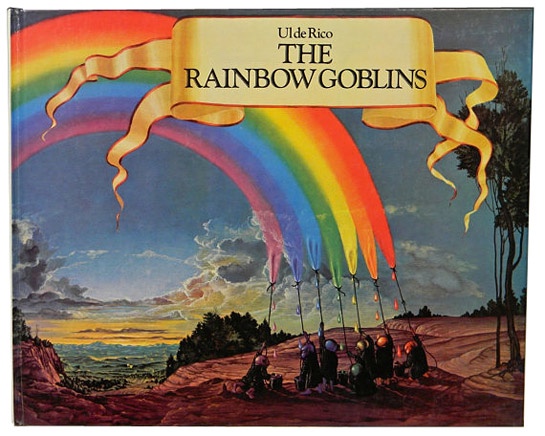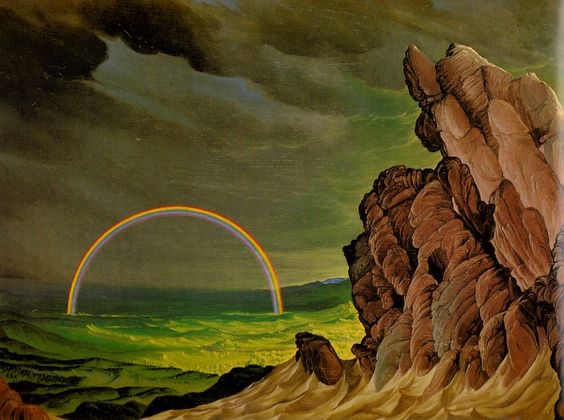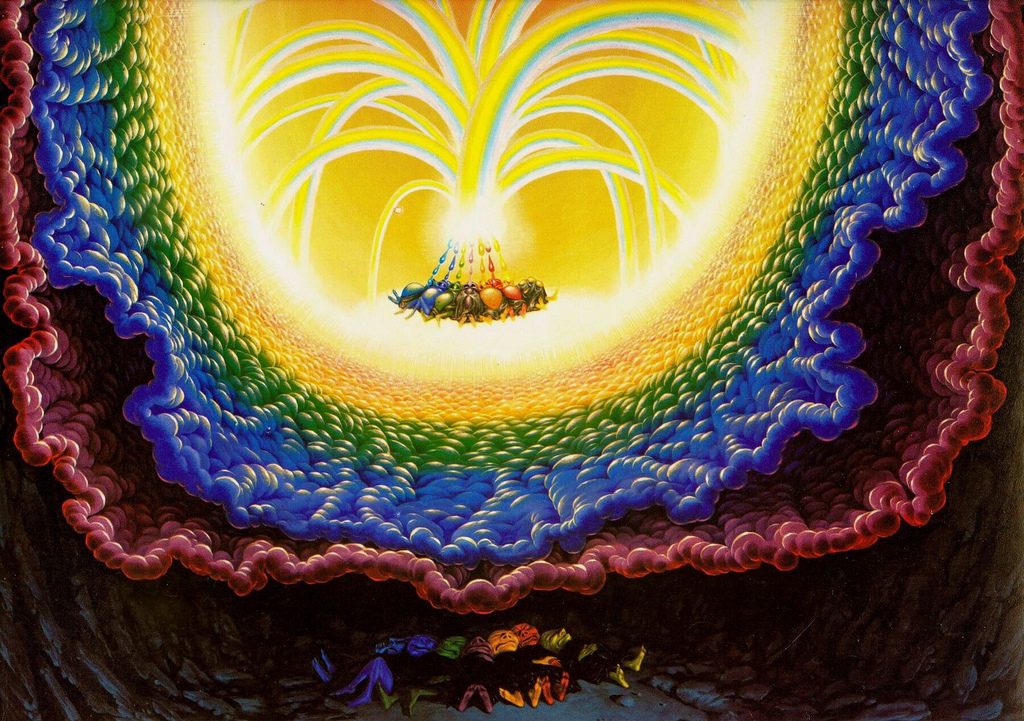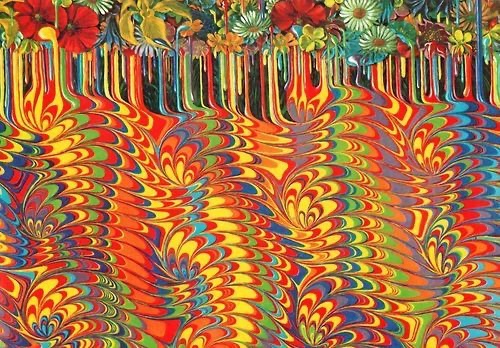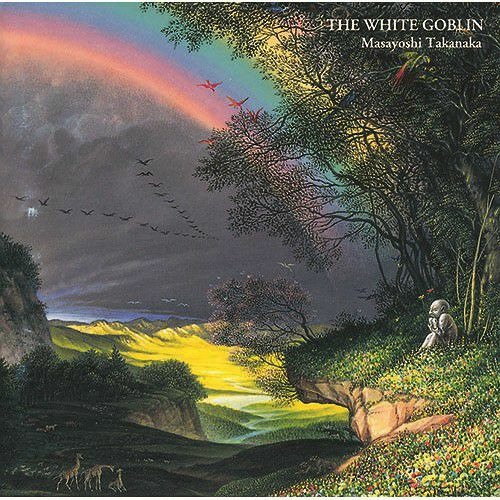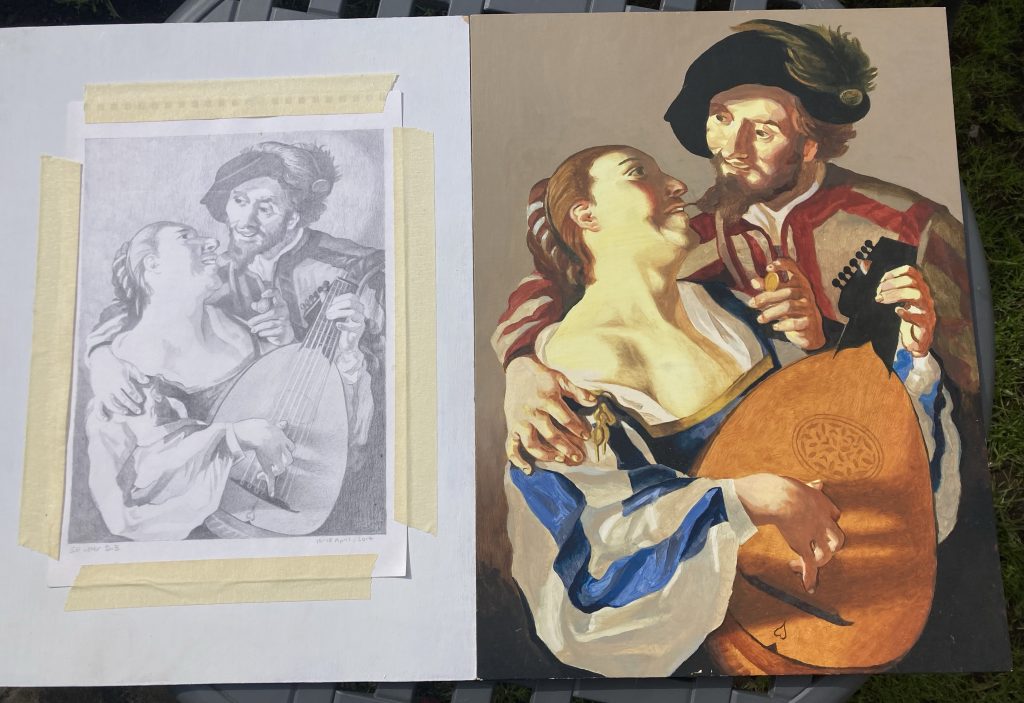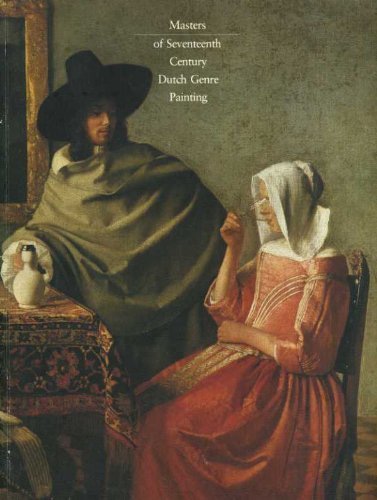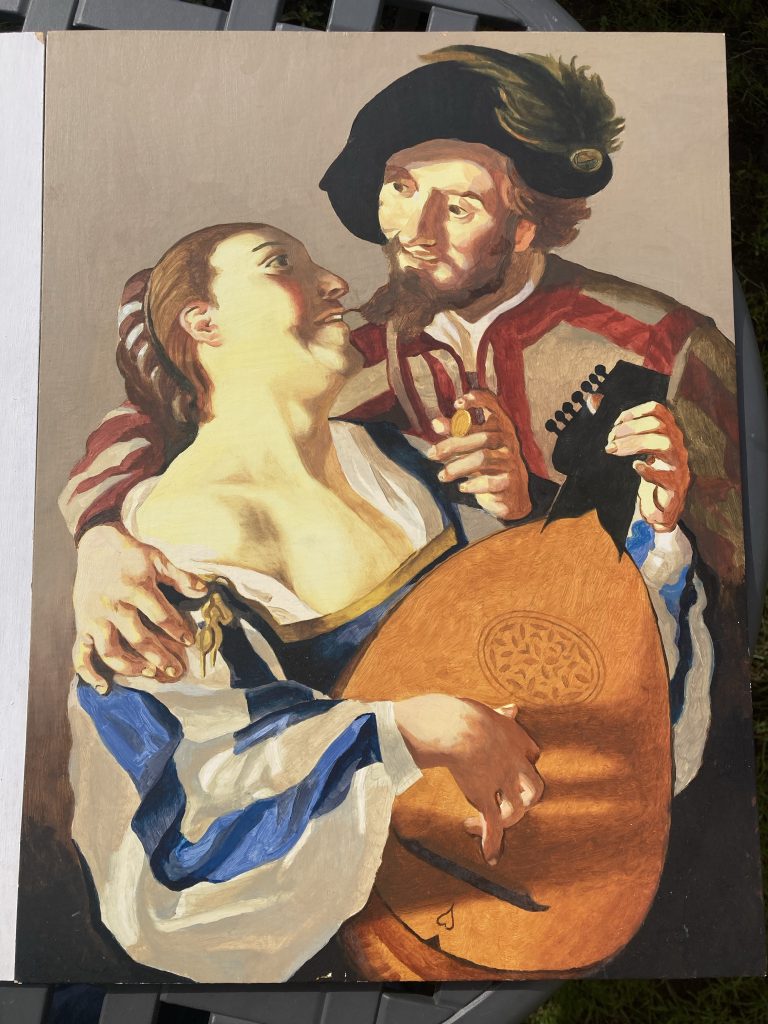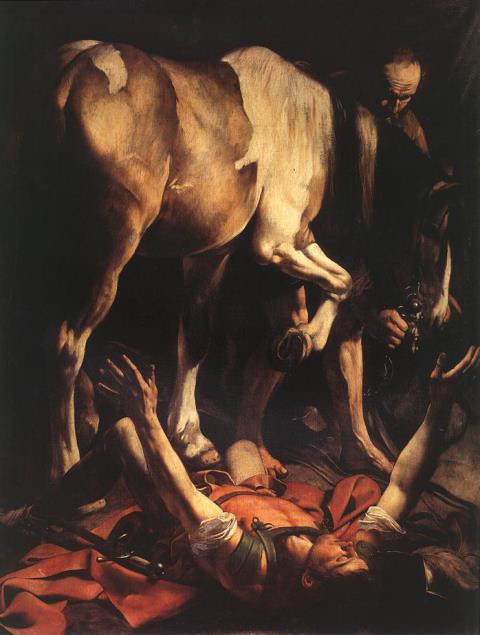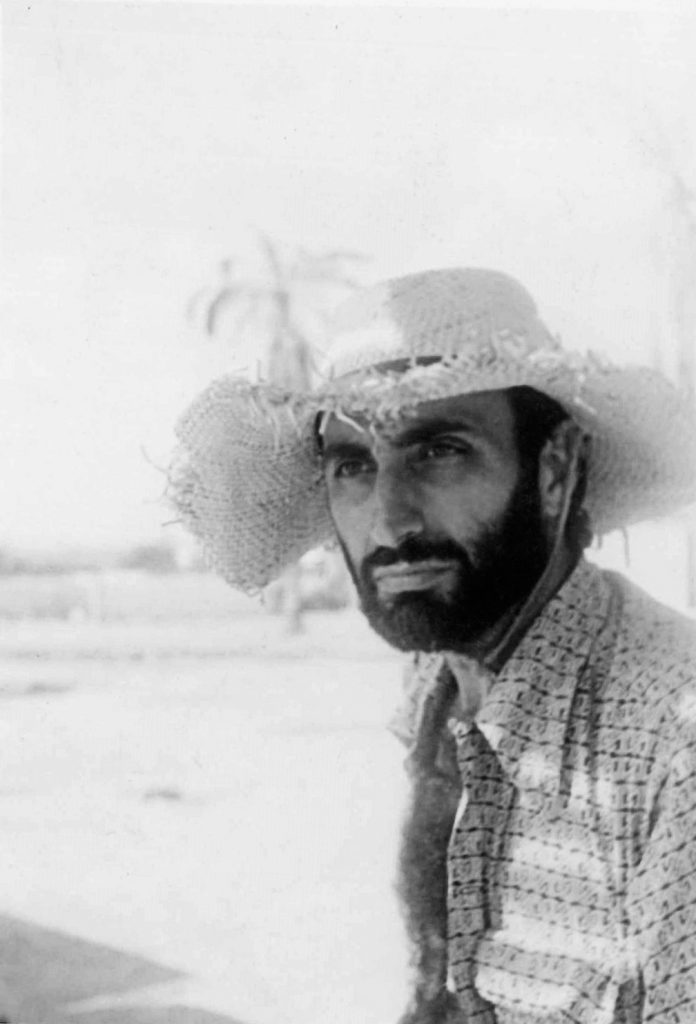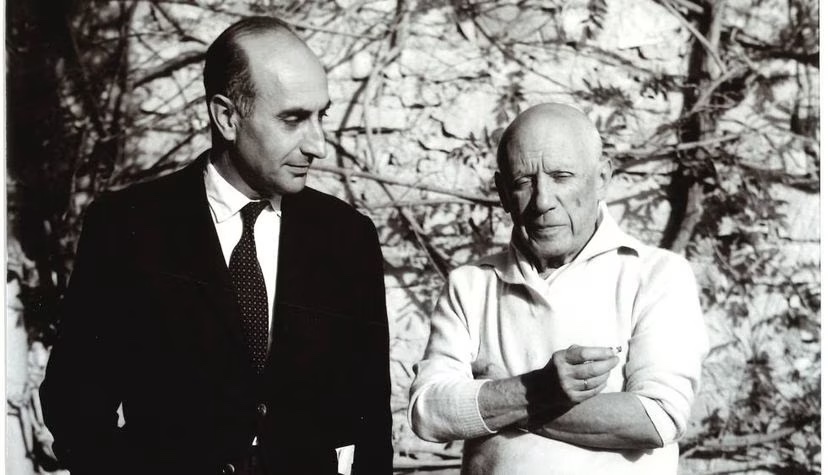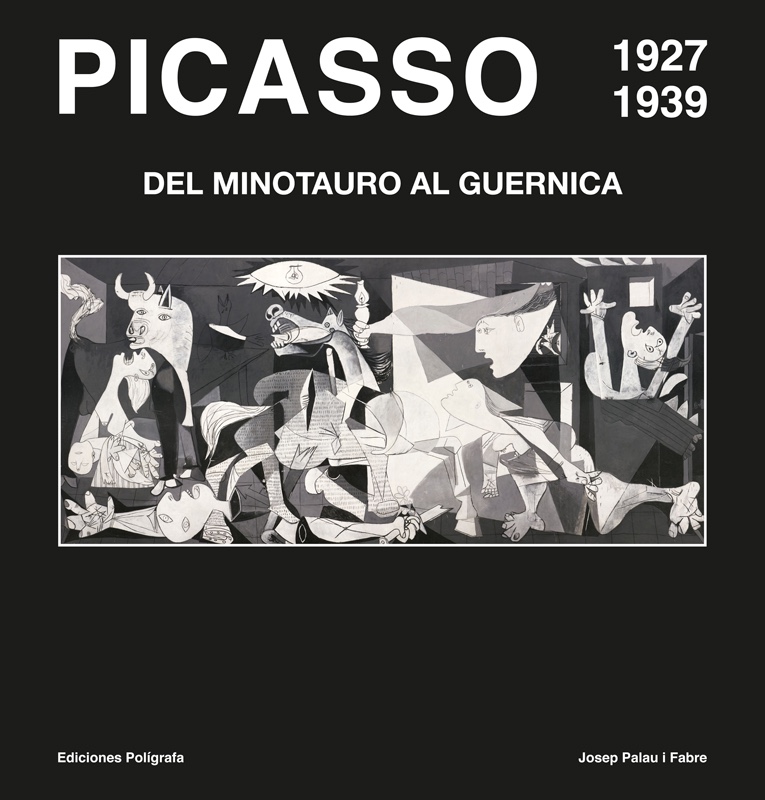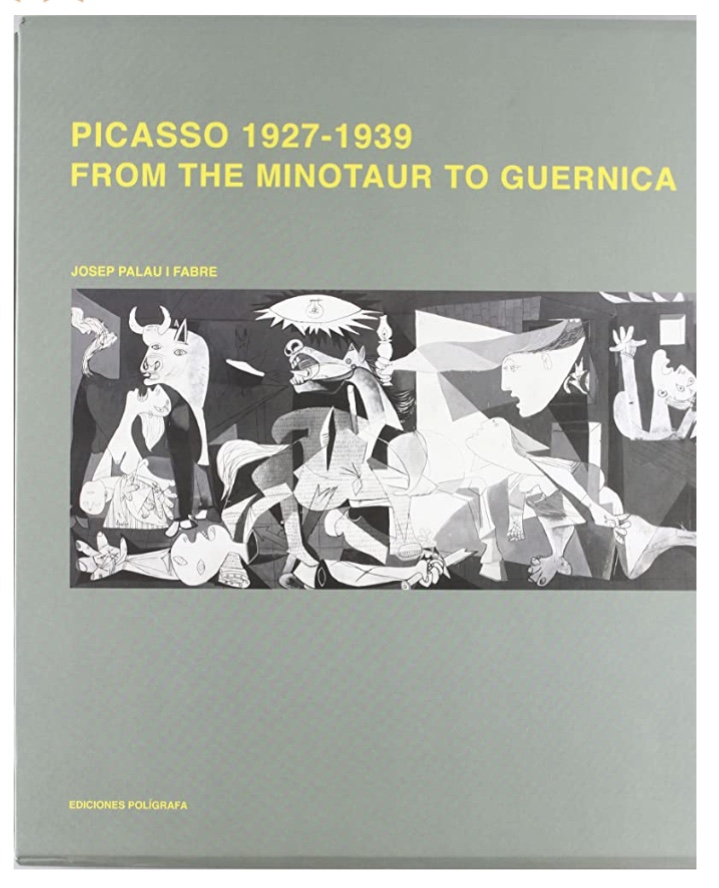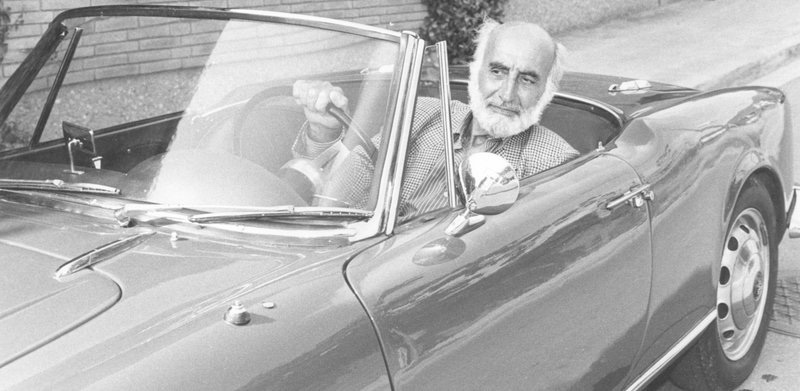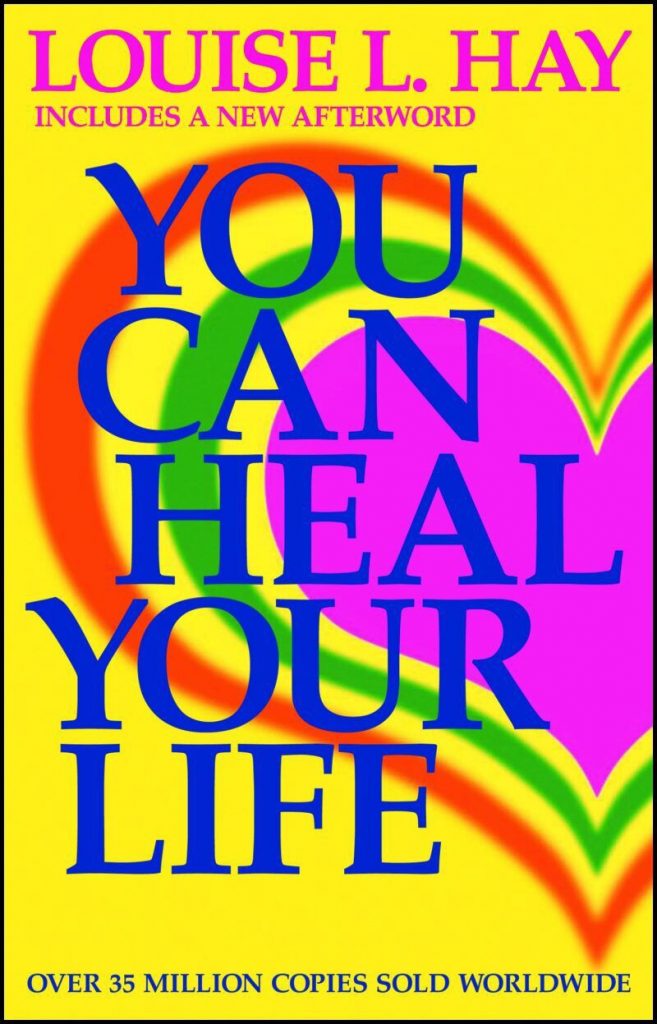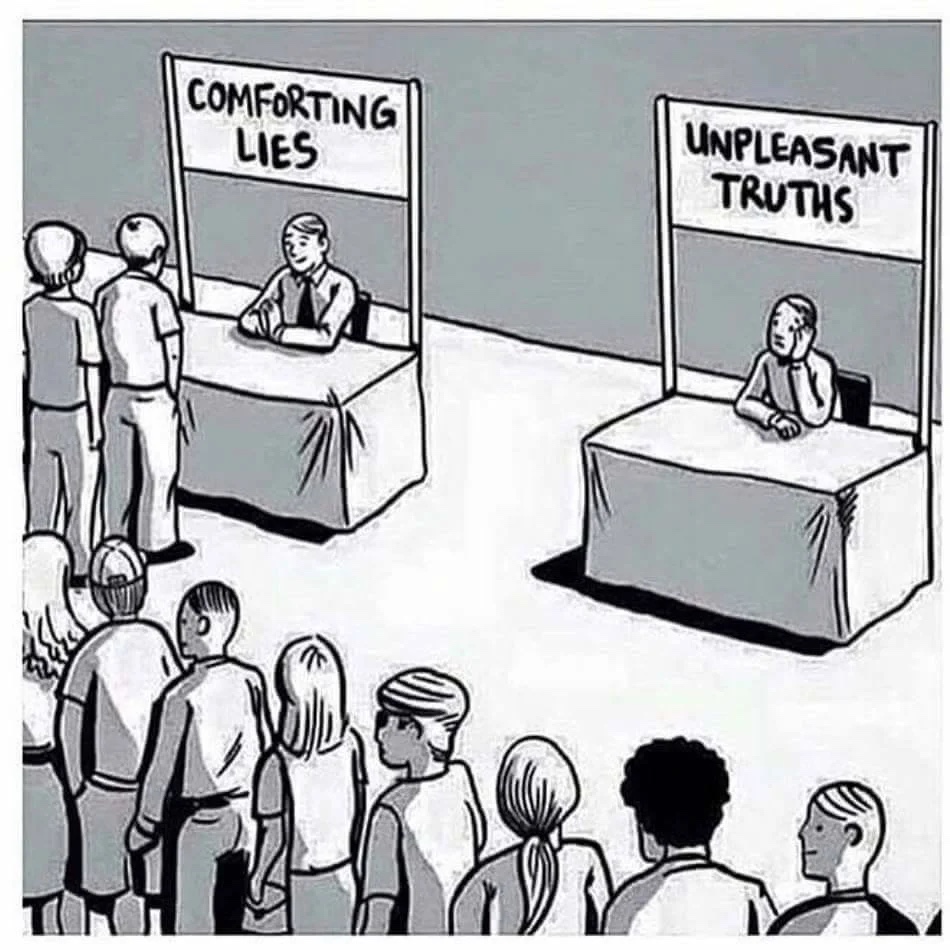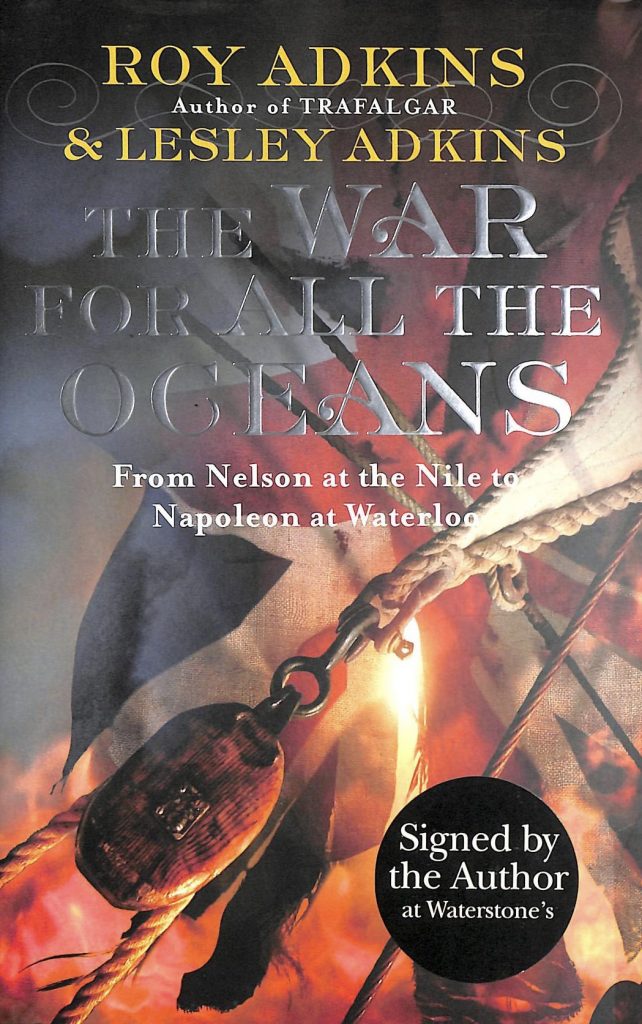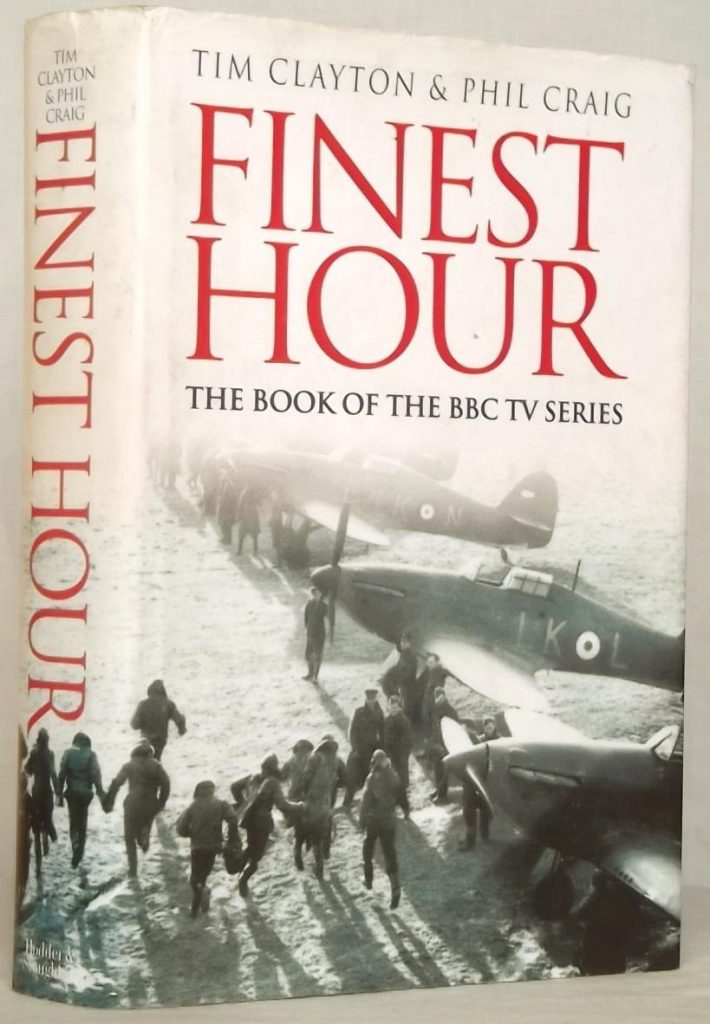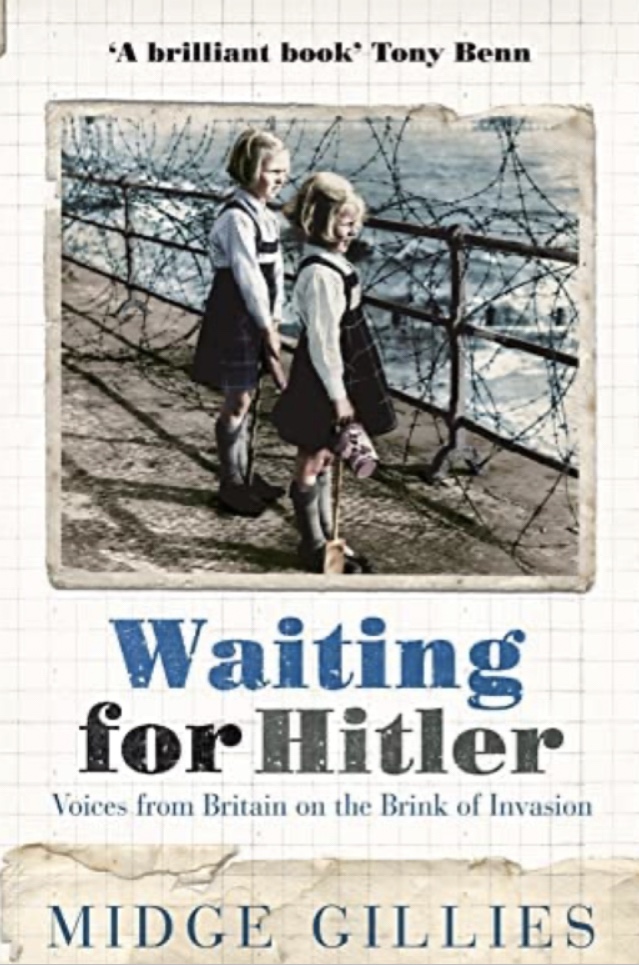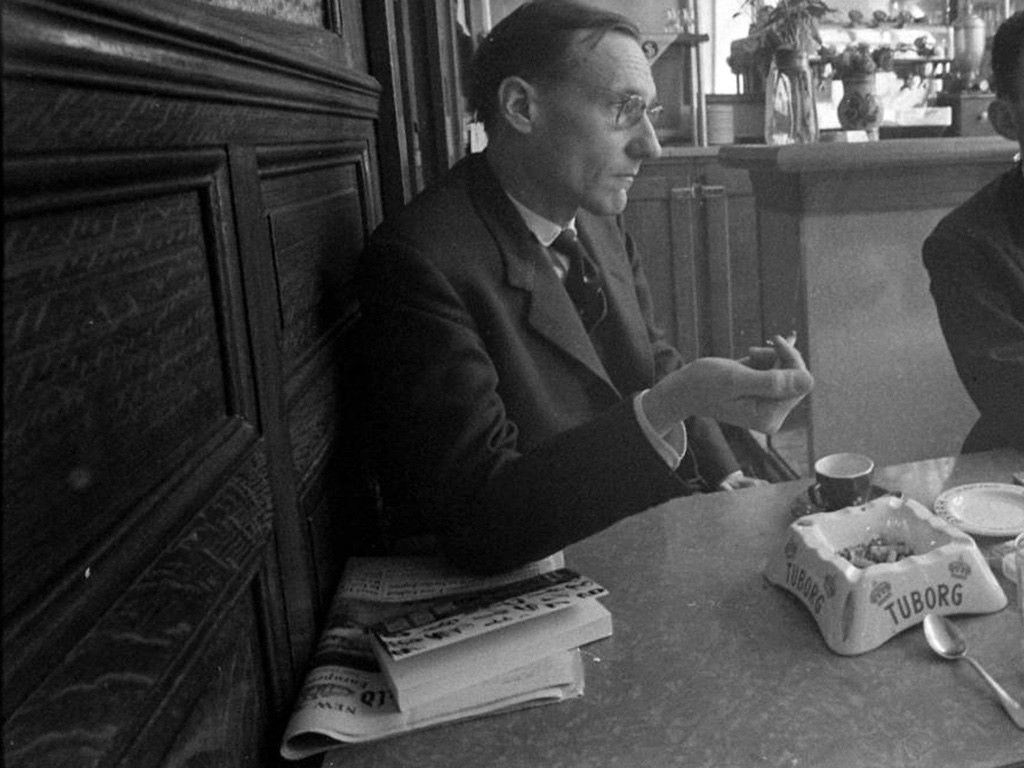
Watching By The Sword Divided, and observing the role of religion, mostly in the form of prayers, but also in the schism ‘twixt Royalist Popery vs Parliamentarian Puritanism, got me thinking about the function of religious belief.
This isn’t an essay on the subject, merely a ‘note to self’. And it’s on a theme my mind often returns to. How do I, a free-thinking rationalist, deal with religion, personally? I can’t believe in it. Yet I can see it’s utility.
The act of vocalising one’s desires, as in prayer, seems obviously beneficial, in that it focuses the mind. And an appeal to forces greater than (and external to) one’s self is (or at least can be) – ironically, perhaps? – both quite humble (an acceptance of one’s own smallness; a good thing), and even ‘realistic’. The mast in the sense of acknowledging one’s own ‘smallness’ in the grand scheme of things.
There’s an irony in that the monomaniac quest for truth (at any expense) can lead to a position that’s overly ego-istic. The idea that our own rather limited minds and bodies can contend with the powers or scale of the universe is apt to be rudely dispelled by real life.
Religious practices, prayer in particular is on my mind here, help bring calm where there was panic, peace where there was internal strife, and solace. If God/the Powers That Be (whatever they are!?) can be addressed directly, and thought of as sympathetic, one’s outlook on life can be buttressed by faith.
Since abandoning religion in my teens, I’ve been highly anti-faith/belief. Despite this, I’ve always remained aware, however, that the the needs religion addresses – and I’m talking about religion here as a personal thing, as opposed to ‘the church’ as a power in society – might be part of our suite of ‘necessary illusions’. Certainly historically, it appears that myth/poetry, call it what you will, have been part of our survival kit.
Telling ourselves stories to give meaning and purpose to our lives is normal human behaviour, and as far as I can tell, always has been. How and where can I partake of this ancient tradition, in a way I can ‘believe’ in?
I’m stumped, to be honest. Non religious modern culture seems to me to have thrown the baby out with the bath water. But older traditions remain too parochial and hide-bound. It’s a proper conundrum, no mistake!
Going back to the TV series, and something that struck me about it: the way the Puritans are about ‘Popery’, and the Cavaliers being High Anglican Tories, in essence, all in the wake of Henry VIII splitting with Rome so he could diddle whomsoever he pleased…
Well, frankly speaking, it’s Benny Hill, or French Boudoir Farce, right? And yet it ossifies into these ‘venerable’ traditions. Mad!
And what about the words venerate and venereal? They both derive from Venus, one assumes. So buried deep in what has become pompously and self-righteously anti-sexual is a very pro-sexual set of ideas. I find the evolution of language, and our culture of associated concepts, endlessly fascinating.
Multiple Gods evolve into monotheism, and where we once were supplicants to the caprices of pagan pantheons, we’re now friends with a singular deity who ‘is love’, and cares for all. Nothing should demonstrate the man-made evolution of religion, as opposed to its self-proclaimed God-given immutability, more blatantly.
This evolution seems to me the most obvious proof of religion’s status as a human artefact. But it’s more than just an artefact, it’s a quality, or dimension. It makes that saying ‘if God didn’t exist, we’d have to invent him’ a literal truth. God doesn’t exist, so we’re continually inventing and re-inventing him/her/it.
One final observation, on the evolution of language and the concomitant evolution of religion. The Israelites’, founders (of sorts; you have to give Constantine due credit n’ all) of one of the most virulent of modern monotheisms, their very name is a compression (and expression) of three deities: Ish, Ra, and El!
So a people whose very name means ‘the people of three Gods’ has become one of the standard bearers of contemporary monotheism. As folk like Count Arthur Strong and Alan Partridge are fond of saying… you couldn’t make it up!

